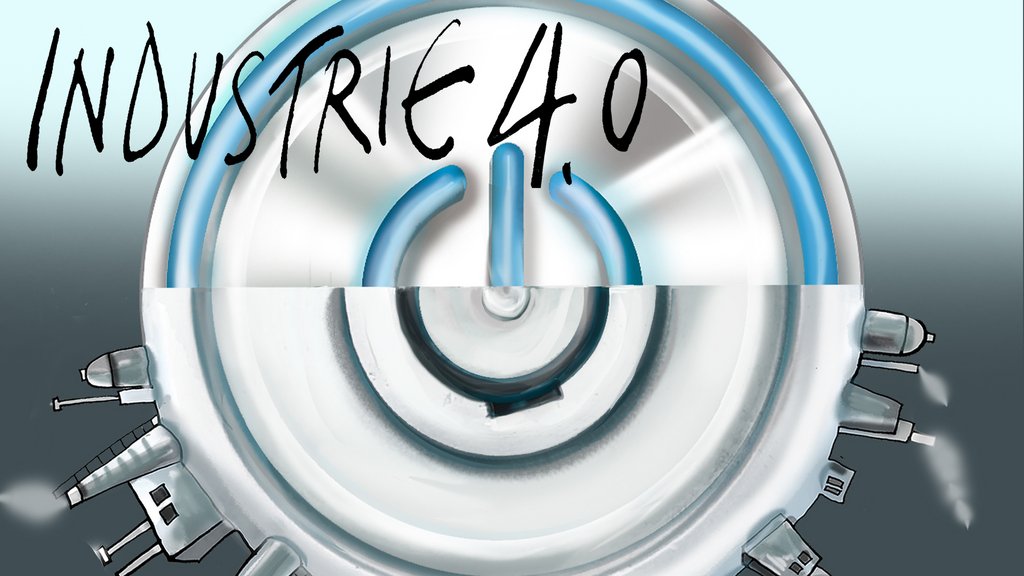Publications - 22.05.2016 - 00:00
"Industry 4.0" dossier in HSG Focus
Digitalisation will bring about the next great revolutions in industry. What is in store for us? How must we deal with the changes? HSG Focus examines the issue from different perspectives.

23 May 2016. Machines already write newspaper articles now; they control factories, order spare parts and operate on people in hospitals. Cost-cutting is only one factor in all this. Machines are faster and more efficient than people. But whereas standardised production tasks are executed by machines with increasing frequency; in turn, the demand for skilled personnel and IT specialists, the people who “understand machines”, is growing. By the same token, creative and craft-type jobs, as well as jobs in healthcare, will not be replaced by machines that quickly, since all the human characteristics such as closeness, warmth and empathy cannot be provided by computers (yet).
This time it is different
And weren’t evil spirits evoked in the wake of every revolution in industry, weren’t increasing unemployment rates forecast, and then things didn’t turn out as badly as was feared? The US-American author Martin Ford said at the 46th St. Gallen Symposium that this time, it would be different: “Until today machines worked routine and were predictable. Now machines are beginning to think.” Now, he said, new sources of income had to be found but our view of work as the fulfilment of life would also have to change. And these two things would have to be detached from each other. In the video interview in our dossier, he warns of a reduction in jobs: “Artificial Intelligence will make a large fraction of the human workforce obsolete.” HSG alumnus Valentin Vogt has a different view. The President of the Swiss Employers’ Federation regards Industry 4.0 as a great opportunity for staying competitive. The goal, he says in the interview, should be to distinctly increase output with the same number of employees instead of cutting jobs.
Challenges enterprises will have to face
What is Industry 4.0 actually? This question is answered by Business Administration Professor Thomas Friedli in the video interview, where he shows what challenges enterprises will have to face in the coming years. Hans Hess, President of Swissmem, the federation of Switzerland’s machine-building, electric engineering and metal-working industries, is certain: thanks to its high degree of innovation and adaptability, Swiss industry will not decline.
These perspectives and more can be found in the latest issue of HSG Focus: «Industrie 4.0».
More articles from the same category
Discover our special topics











